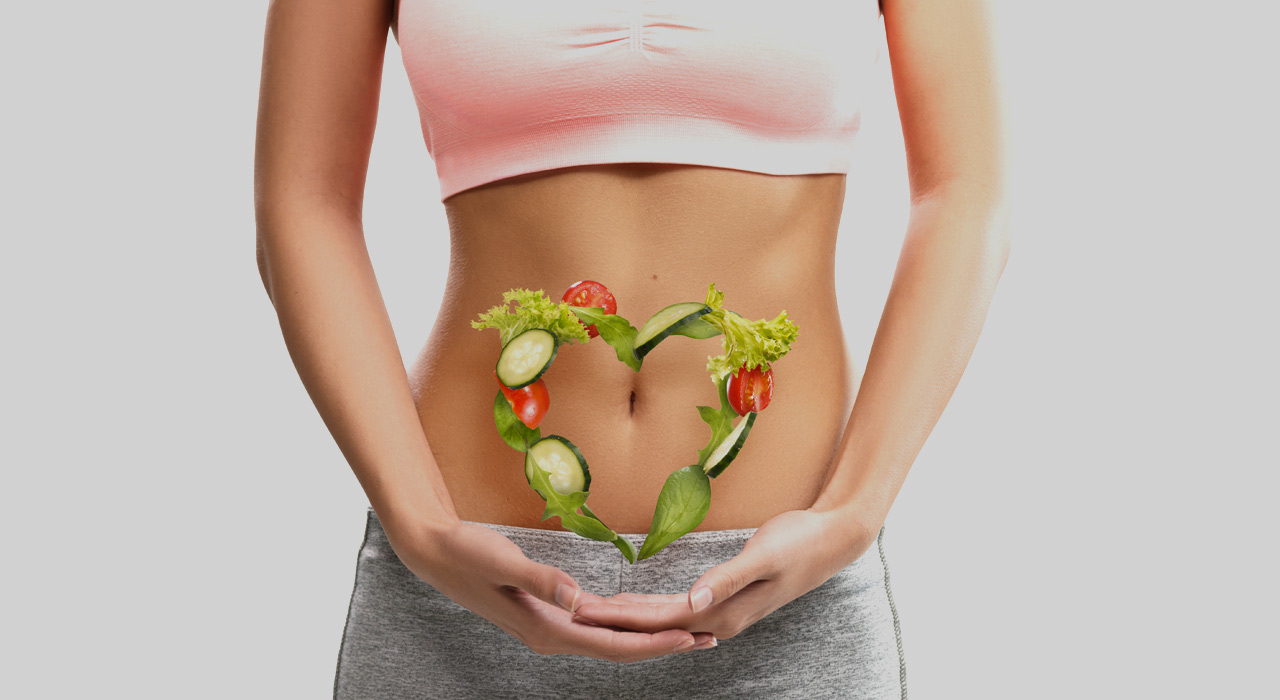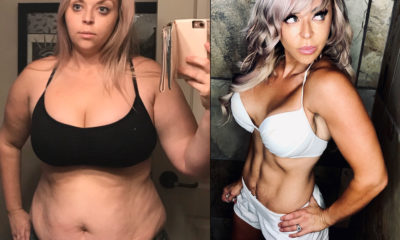Have you ever heard someone say they can’t lose weight because they have a slow metabolism? Probably, and although there are some people that have severe disorders like Cushing’s syndrome, ultimately how much you eat and drink along with how much physical activity you get is what determines your weight. Most people have some level of understanding of that, what most people don’t understand is what their metabolism is.
Your metabolism is the process by which your body converts everything you eat and drink into energy for all of your body’s functions. Your basal metabolic rate (BMR) is the very minimal amount of that energy your body needs at rest to perform all of its “hidden” functions.
Hidden functions being breathing, circulating blood, adjusting hormone levels, and growing and repairing cells. Your BMR is determined by your body size and composition, sex, and age and then on top of that is the “rest” of your metabolism which is food processing or thermogenesis, and physical activity.
Food processing is the digesting, absorbing, transporting and storage or use of the food you consume, which also takes calories to perform (because it’s a cellular function). Interestingly there is evidence to suggest that 10% of the calories from the carbohydrates and protein we eat are used during the digestion and absorption of the food and nutrients alone!
Knowing that your metabolism is made of your BMR (body comp, sex, and age), food processing, and physical activity and that some of those variables are fixed (sex and age) you have to look to what you can control in the energy equation if you want to increase your metabolism and achieve weight loss and/or body composition changes.
While you can’t change your age or sex chromosomes, you can increase your activity level to change your body composition and in turn increase your metabolism. Lifting weights particularly will help add muscle mass to your frame which is a key factor in weight loss and increasing metabolism. You can also drink water and eat plenty of healthy foods at regular intervals to encourage thermogenesis and the use of energy instead of the storage of energy (food), which can lead to weight gain.
There’s no easy way to lose weight and for those of you that are ready to argue there’s more to the story, there is. Hormones can influence the rate at which you lose or gain and so can your own emotions and feelings surrounding food, but the most basic and up-to-date scientific facts are that the foundation for increasing metabolism, weight loss and achieving body composition changes continues to be based on physical activity and diet.























